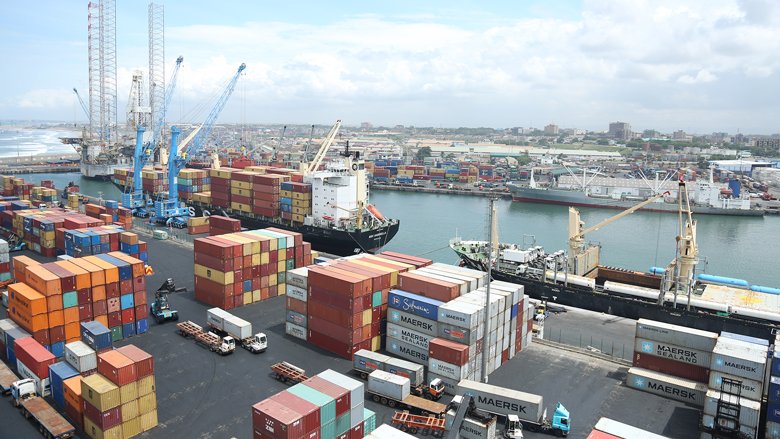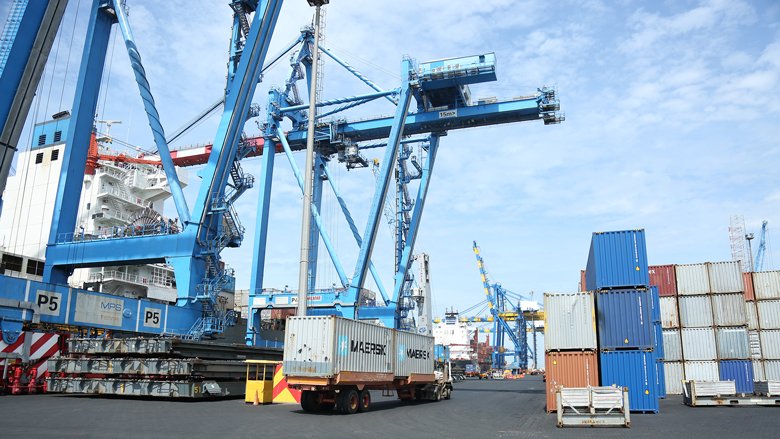Accra, June 9, 2022 - Ghana’s merchandise trade competitiveness declined over the last decade, resulting in a reduction in the number of exporting firms and their participation in Global Value Chains (GVCs). There were however improvements in transport logistics and access to ICT infrastructure, which can be leveraged for expanded trade and economic transformation; a key pathway to produce quality jobs, says the World Bank’s latest trade analysis for the country.
“Ghana’s trade in services on the other hand quadrupled in value and doubled its contribution to GDP between 2010 and 2019, says Pierre Laporte World Bank Director for Ghana, Liberia and Sierra Leone “Despite this achievement, Ghana remains a net importer of services, between 2010-2019, Ghana’s trade in services grew from 14 to 35 percent of GDP.”
The report notes that, trade policies are an essential enabler of economic growth, job creation, and poverty reduction for developed as well as developing countries such as Ghana. Trade provides new market opportunities for domestic firms, stronger productivity, and innovation through competition.

